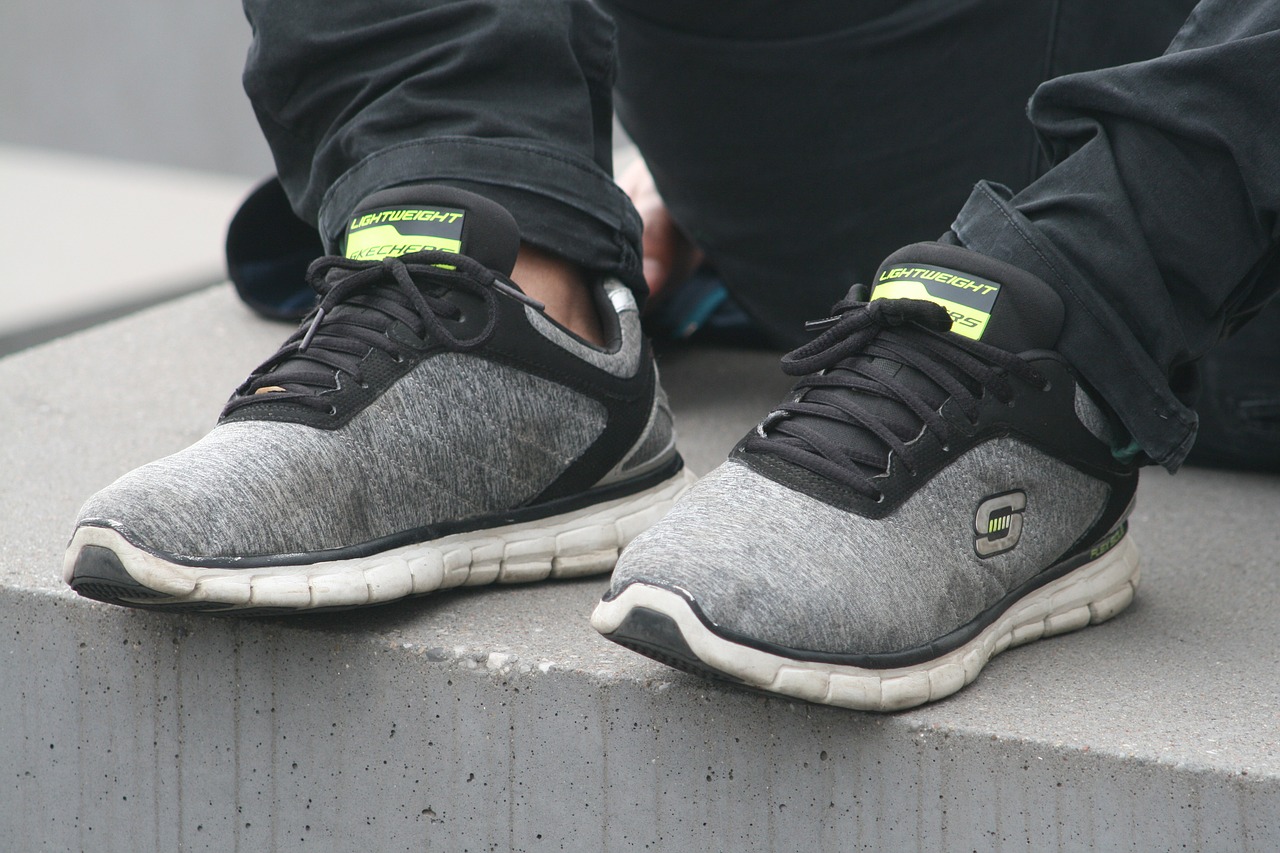If you have multiple sclerosis may want to roll up your sleeves fr another COVID-19 booster. I’m thinking about whether to join you.
Last month, an advisory committee of the U.S. Centers for Disease Control and Prevention (CDC) supported a recommendation that people 65 and older and those with compromised immune systems get another booster, if at least four months have passed since their last one for those 65 and older, and at least two months have passed for those who are immunocompromised. What does this mean for me and other people with MS?
MS associations recommend the vaccine
The National Multiple Sclerosis Society, the MS Trust, the Consortium of Multiple Sclerosis Centers, and others have long recommended that those with MS get a COVID-19 vaccine, particularly those whose immune systems may be depleted by a disease-modifying therapy. These associations believe a case of COVID-19 could be more serious for someone with MS than for the average person.
It’s the same booster as last year
This most recent recommendation is for a second shot of the same booster that became available in late 2022. It’s the bivalent mRNA booster that’s made by both Moderna and Pfizer-BioNTech, and it covers both the original strain of SARS-CoV-2 and the more recent BA.4/BA.5 variants.
The CDC now recommends this booster shot even for people who’ve never received a COVID-19 vaccine.
My vaccine experiences have all been good
My wife and I have received all five of the COVID-19 vaccine shots available so far: the original series of two shots plus three boosters. Our most recent was about six months ago. We’ve had minimal side effects, limited mostly to fatigue, a sore arm, and a slight fever for a day.
Even so, COVID-19 caught up with me in February — but only a mild case. I attribute that to the high antibody levels those vaccinations produced. I know they were high because I’ve been tested.
Vaccines create COVID-19 antibodies
After my first two vaccines in January and March 2021, my neurologist drew blood for a test that showed my COVID-19 antibody level was greater than 2,500 units per milliliter (U/mL). According to my lab report, a result of just 0.8 U/mL or higher indicates the presence of SARS-CoV-2 antibodies. An article written at that time by the manufacturer of one antibody test reports that my 2,500 number indicated a robust vaccination response.
I had blood drawn for another antibody test in October as part of a research study. Again, those results showed a high antibody level.
Recommendations vary a bit
With all of those antibodies likely still floating around in my bloodstream, and probably my wife’s, should we get another booster? Our primary care physician recommends we get one, my neurologist says it’s up to me, and the U.S. Food and Drug Administration says people 65 and older who’ve received a single dose of a bivalent vaccine may receive one additional dose if at least four months have lapsed since that shot. That’s the case for both of us.
The FDA also says most immunocompromised people who’ve received a bivalent COVID-19 vaccine may receive a single additional dose of that type of vaccine if at least two months have passed, and additional doses may be administered at the discretion of, and at intervals determined by, their healthcare provider.
Note that the space between shots can be shorter for people with suppressed immune systems. Also note that the FDA says “may receive,” not “should receive.” That’s a weaker statement than it’s made in the past. But the agency also cautions that “COVID-19 continues to be a very real risk for many people.”
To get or not to get the booster is the question
My wife and I are not immunocompromised, but we’re both well past age 65. And of course, a heavy attack of COVID-19 could really knock my MS for a loop.
I think we’ll both wind up getting our sixth COVID-19 vaccination. In fact, I think it’ll become a yearly routine for us, just like we get our seasonal flu shot. It seems as if the potential benefits outweigh any possible risk or inconvenience. But, everyone is different. In the end, the decision is up to you and your physician.
(A version of his post first appeared as my column on the MS News Today website.)
(Image by Spencer Davis from Pixabay.)



